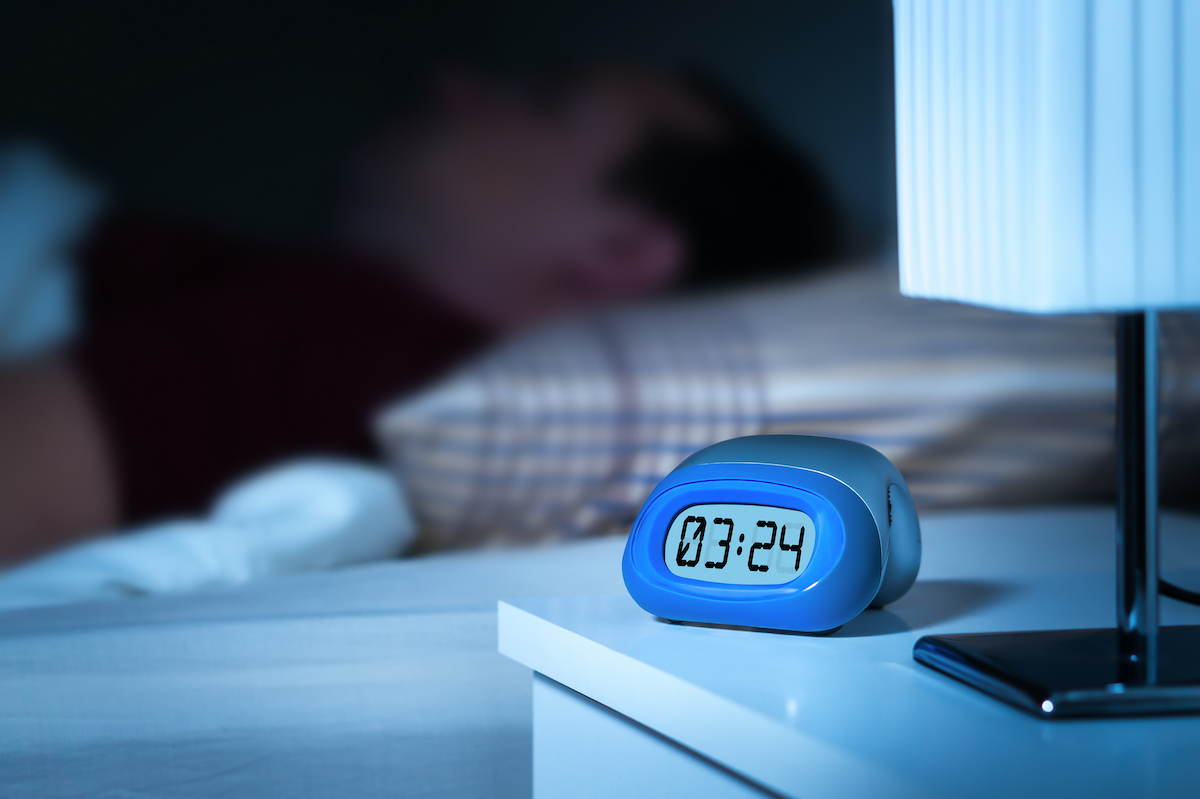
Get ready for shorter daylight hours and an extra hour of sleep: Daylight Saving Time ends at 2 a.m. Sunday, November 7.
Before going to bed Saturday night, turn your clocks back one hour. That sounds simple enough, and it is; what’s hard is adjusting to the time change.
Changing our external clocks affects our internal clocks: It disrupts the body’s circadian rhythms which are the natural, internal processes that regulate the sleep-wake cycle and repeat roughly every 24 hours.
You may feel unusually refreshed on Sunday morning after the “extra” hour of sleep. Still, things may seem slightly off-kilter as the day wears on. The sun will set earlier than you’ve been used to, the night will fall sooner, and the time when you start to become sleepy will feel wrong somehow. Some will suffer gloom and even seasonal depression because of the earlier onset of night.
MORE:
Helping your body adjust
It can take about one week for the body to adjust to the new times for sleeping, eating, and activity, according to research cited by the CDC. Until they’ve adjusted, people may have trouble falling asleep, staying asleep, and waking up at the right time.
Those prone to naturally follow an “early to bed and early to rise” pattern (morningness) will tend to have more difficulty adjusting to the Fall time change. Conversely, those who naturally follow a “late to bed and late to rise” routine (eveningness) will tend to have more trouble with the Spring time change.
One way to help your body adjust is to gradually change the times for sleep, eating, and activity ahead of the time change, health experts say.
For the fall time change, the CDC recommends gradually moving the time you wake and go to sleep, eat, exercise, and get exposure to light later by 15 – 20 minutes each day until your schedule is in line with the new time.
Also, for about one hour after you rise in the morning, keep the lights dim and avoid electronic lit screens on computers, tablets, and other devices to help your body adjust to the later time.
Scientists say the stress on people’s biological clocks is actually much worse in spring when Daylight Saving Time returns, so, you have that to look forward to, at least for the time being. Last year, Georgia lawmakers approved a bill to make Daylight Saving Time in Georgia permanent when the federal government allows it, but that has not happened yet. Until it does, the bi-annual ritual of changing our clocks – inside and out – will continue.
Gerdeen Dyer of Georgia Health News contributed to this report







